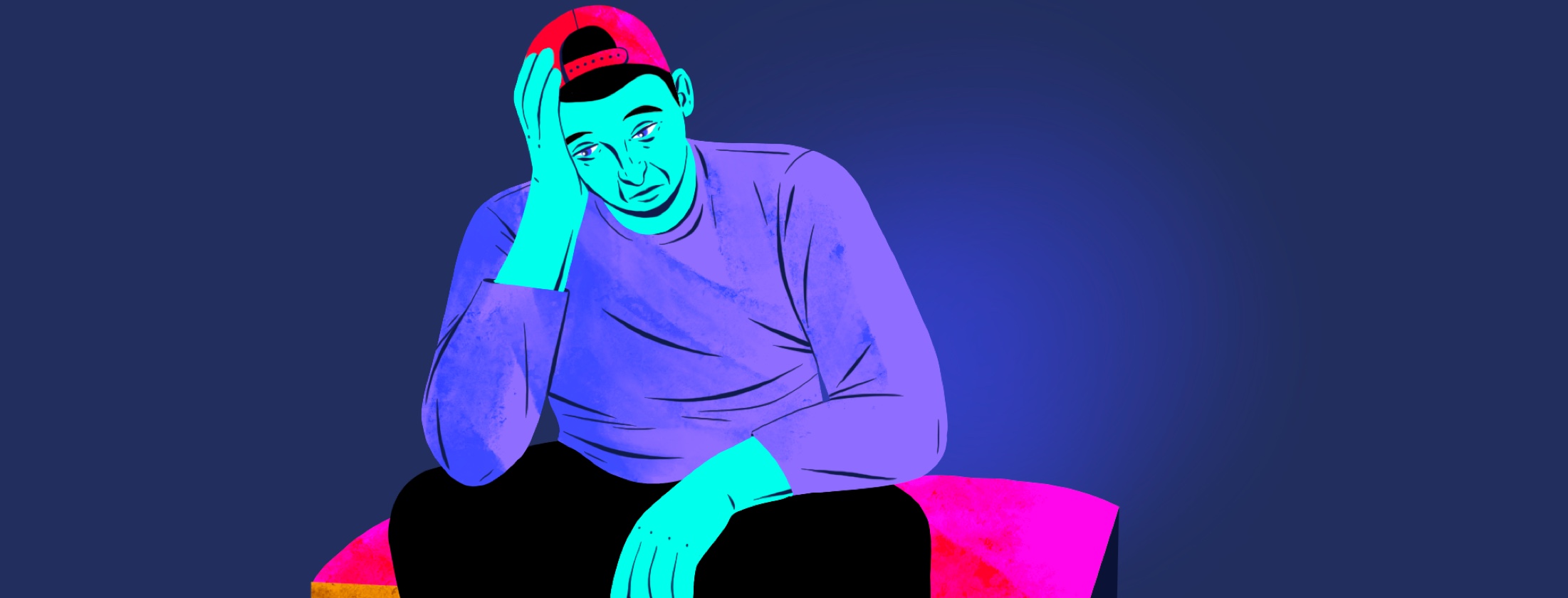Addiction: A Choice or a Disease?
Years ago, I was the type of person that people would avoid walking past or making eye contact with. I had visible track marks, looked sick, and weighed barely 100 pounds. I was wounded, lost, and heavily addicted to IV drugs. People called me a junkie and a tweaker, reducing me to just another statistic.
Today, I’m a mother finishing my first college degree with almost 8 years in addiction recovery. I got here because people chose to learn about what I had let myself become, rather than dismissing me as someone who made bad choices and didn’t deserve compassion.
The cycle of shame and punishment
With over a decade of substance abuse in my rearview mirror, I know firsthand that labeling every person struggling with addiction as a criminal instead of a person with an underlying mental health condition only fuels the cycle of addiction that has become the global epidemic that it is today.
The debate over whether addiction is a choice or a disease misses the whole point - to find a resolution. The truth is simple: addiction begins as a choice and develops into a disease. While people argue, solutions are being completely ignored. Language, mindset, and the overall perception of people struggling must change if we want to save lives.
Not every person struggling with addiction is a criminal, yet that’s how they’re often treated. An estimated 65% of the U.S. prison population has an active substance use disorder.1 During my incarcerations, I saw that same sad, predictable cycle. Many people with substance use disorders going in and out of institutions without treatment or hope in sight.
Addiction doesn't discriminate
Addiction truly doesn’t discriminate. It touches all walks of life. I’ve known devout Christians who became addicted after becoming injured in auto accidents and the long-term pain medication use developed into dependency struggles.
I’ve known veterans who returned from deployment with PTSD and turned to substances and alcohol to numb their pain. Over 80% of veterans abuse alcohol, 27% abuse illegal drugs, and 7% abuse both.2 This is an ongoing problem for our veterans in this country.
The real gateway drugs are trauma, pain, and a lack of coping skills. Bullying or shaming a person who uses drugs does not work because nobody is more disappointed in the addict than themself. Support, empathy, and understanding can be the difference between their continued use and their recovery.
Support instead of punishment
Addiction may have legal consequences, but it deserves clinical treatment. Jail alone doesn’t reverse substance abuse by any stretch of the imagination. It's been shown that providing medications for opioid use disorder in prisons benefits public health, reduces recidivism, and is cost-effective.3
Some people commit crimes to fund their addiction, and legal consequences matter. But only offering punishment won’t address the root cause. Programs inside and outside of incarceration should provide rehabilitation, harm reduction, and tools for change.
Featured Forum
View all responsesHow families can help
Families can support their loved ones without enabling them. Shows like Intervention often encourage total disconnection and abandonment from addicted loved ones unless they enter treatment. I disagree.
You can’t bully someone into this kind of change. Loving someone in addiction is not the same as enabling them. My family wouldn’t give me money during addiction, but they fed me when I was hungry. That was love, not enabling.
Some believe that because addiction begins as a choice, they don't deserve empathy and shouldn’t expect it. But would you say that to a veteran who self-medicates with drugs? Or to a grieving mother who numbs the pain of losing a child by drinking? Or to a victim of a drunk driving accident who develops a dependency on prescribed opiates?
Nobody wakes up wanting to be crippled by addiction. Often, the fear of withdrawal outweighs the strength needed to quit. Withdrawal symptoms can be severe, even dangerous, without proper management.4 During active addiction, I will never be able to forget the fear of withdrawal and how long we spend trying to outrun it.
Empathy is the solution
If communities judged less and helped more, overdose rates would drop, incarceration costs would fall, and families could start to heal. Empathy, education, data, and resources like therapy, harm reduction, and peer support could improve these seemingly endless cycles of shame and punishment.
Each and every single person struggling with addiction is someone’s child, parent, sibling, or friend. Ask yourself: would you want your loved one treated as less than human and less than deserving of help or love just because of their addiction? Remember, mentally healthy people don’t choose drugs — let’s start there and always keep that part in mind.
I'm living proof that change is possible
This month, I finish my Associate of Arts and start my bachelor’s in Supervision and Management with a concentration in Human Resources. In January, I’ll celebrate 8 years in recovery from IV drugs. I’ve been incarcerated, in many different rehabs, and in psych wards. I was often counted out, called a junkie, and told I’d always and only be one.
But people gave me love when I felt I didn’t deserve it. They offered me real tools, support, and options. I rebuilt myself into who I am today because of the foundation they offered me to rebuild on. Addiction began as my choice, but it became a disease that I now no longer suffer from. It’s time to change this narrative, change people’s minds, and help guide others to change their lives.
I am not asking you to baby the addict or give them “passes,” either. I am just asking you to humanize people suffering with substance abuse disorders, because that’s exactly what we all are…humans.

Join the conversation